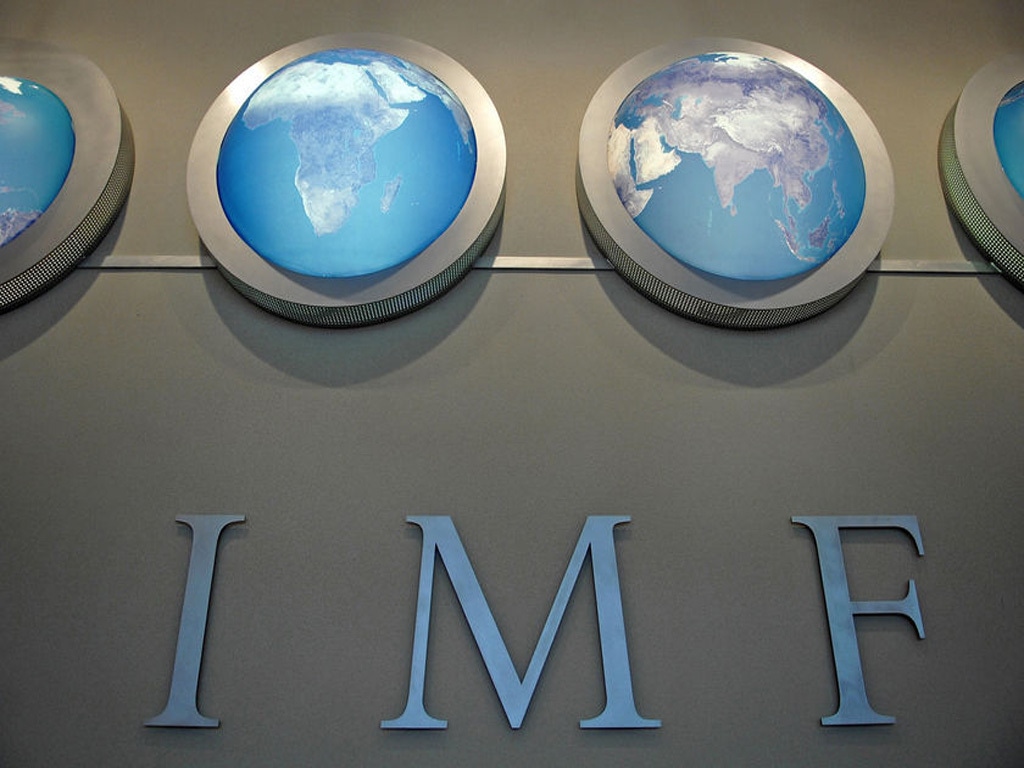ISLAMABAD: The International Momentary Fund (IMF) has linked the revival of Extended Fund Facility (EFF) with a freeze on expenditure and a primary deficit target of (-) 0.4 percent for next fiscal year as opposed to Finance Ministry's projection of (-) 1.2 percent.
Sources on condition of anonymity said that the IMF is insisting on at least a freeze on salary and pension bill, if not a cut, for the next two years and a slash in other expenditure including subsidy for power sector. Revival of the EFF from next fiscal year would be contingent on the budget to be presented in parliament on 12th June, they added.
The government has successfully completed only the first review of the EFF programme while the second review remains inconclusive though a staff-level agreement was reached as all prior tranche release conditions were deferred till after the Covid19 was dealt with.
The government's economic team has been striving to convince the IMF to settle for a primary deficit in between the two, somewhere at (-) 0.8 percent for the next fiscal year, sources added.
With regard to question about fiscal deficit, sources contended that a large budget deficit of 9 percent and 0.5 percent plus/minus is expected for the next fiscal year on account of incentives to industry for revival of growth and job creation. There is also uncertainty about Covid-related expenditure and debt servicing despite a considerable cut in the policy rate projected at over Rs 3 trillion because servicing of expensive borrowing at 13 percent to 13.5 percent would be due from next quarter.
Sources said that discussions with the IMF are still under way and economic team is making every effort to bring the IMF on board on budget for the next fiscal year to revive the EFF as it is important for the country to remain in the Fund programme otherwise inflows from other multilaterals would be compromised and the country would have to contend against the issues related to the external sector.
Finance Ministry has been working on different models to rationalize expenditure - from targeted subsidies to reduce the size of the government as well as do away with monetization of vehicles and reduce the number of special programmes of federal government in the public sector development programme and convince the provinces to share half of the expenditure of those programmes.
The ministry, sources added, is working on a proposal to provide power and gas subsidy to the poor through Benazir Income Support programme (BISP) cards. Targeted subsidy would yield around Rs 100 billion saving in subsidy - from Rs 290 billion to Rs 190 billion. The government is also working on a proposal to provide subsidies to targeted sectors, they added.
With respect to freeze on salary and pension bill, sources acknowledged that IMF has been seeking freeze on salary and pension but added that "we are trying to sensitize them that freeze would create serious problems for the government and there would be protesting employees outside the secretariat. It remains unclear whether economic team's effort woukd yield any positive results or not."
They added that the IMF has been citing EU's example where salaries were cut by one percent but argurd that unlike EU countries where inflation is very low and one percent cut may not have significant impact on the people, inflation in Pakistan during the last two years has been considerably higher and the government allowed only a 10 percent increase in basic pay in last budget. The government cannot afford protests at this point in time, sources concluded.



























Comments
Comments are closed.